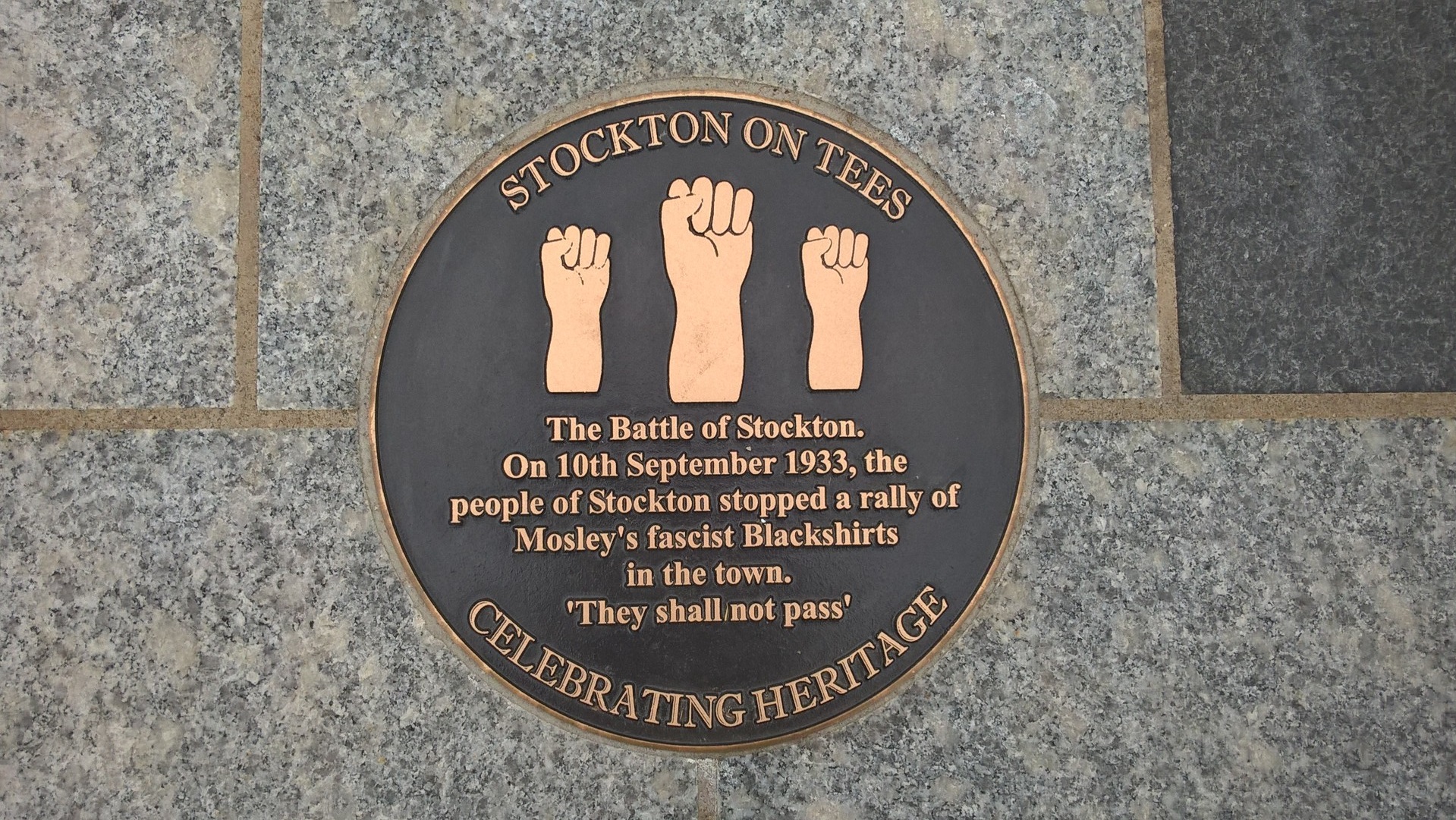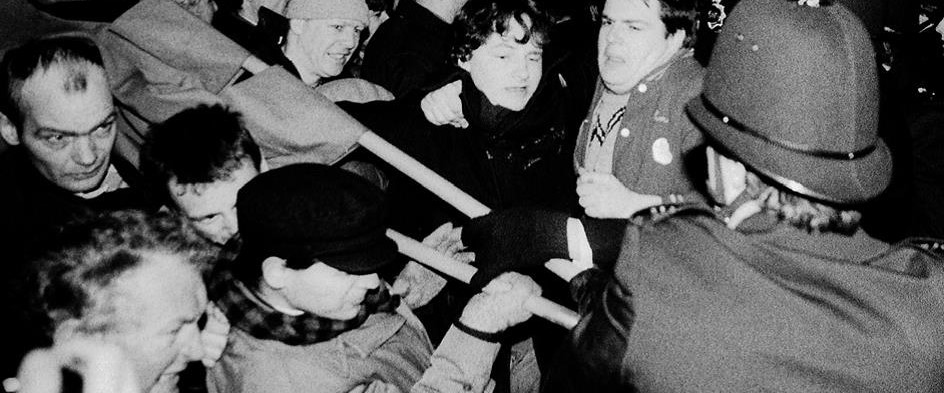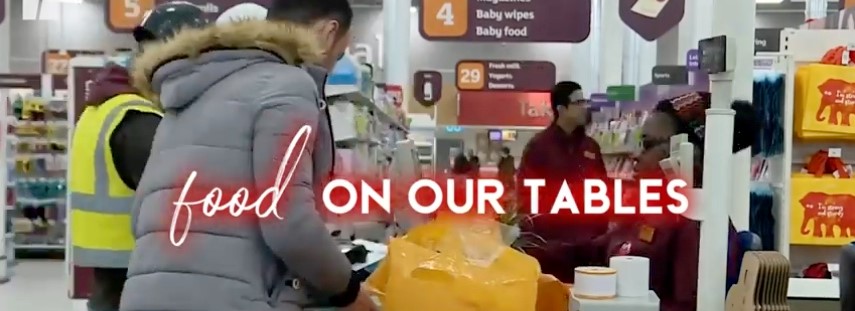‘We can’t drop the ball’
Stitched into many trade union banners across the country and around the world are the words: “Celebrate our past, fight for our future.” If we don’t know where we have come from how do we know where we are going?
In many campaigns, I’ve relied on more experienced comrades who can impart their knowledge from experience to give us inspiration, but more importantly, hope.
Now there’s a new generation of trade unionists coming through the ranks, and many young people in Scotland are joining our union for a number of reasons.
Many have been inspired by Jeremy Corbyn and Richard Leonard. They talk openly about the importance of trade unions and collective action.
With collective action is imperative to the campaigns that run through Unite Community and Hospitality, it’s important to continue to impart wisdom to the new generation of trade unionists, to highlight and disperse myths around workplace rights, which most people take for granted.
Good wages and working conditions, paid holidays and maternity leave and paternity leave — the list goes on. These rights which we have come to expect were not just given to us — they were fought for and won. Never were they handed to us by “kind bosses.”
We can’t drop the ball, we have to protect what has already been won — what is already ours.
With the sharp rise in precarious work and zero-hours contracts, we are coming up against issues which we thought we had eradicated but are now being revisited.
And why? Because our rights that have been taken for granted have eroded over time. Conferences such as the one held by the Morning Star, “Scotland’s Youth: Back to the 1930s,” had young people front and centre, which was fantastic to see.
By letting the youth have their say and inviting them into the conversation it sparks a passion in them to take on the fight to protect their rights.
We have seen a rise in attendance at events about history and culture in Scotland. From the Townsend production of the Ragged Trousered Philanthropists to events being held discussing the 1919 strike.
The increasing interest in these events for the young and old of our movement is welcomed. At a time when the political elite is trying to divide us, knowledge is seen as power and this is dangerous to their goal.
They know how powerful education is and it’s a tool they do not want us to possess, because stripping all rights away from workers and driving down wages through the rhetoric of “us and them” becomes more difficult.
In Scotland, we are also seeing a rise in corporate vandalism. For example, the closure of Pinneys in Annan, which was a seafood factory which opened in 1976.
It was one of Scotland’s biggest employers south of Glasgow and employed nearly 700 people. Its closure has taken almost £8 million a year out of the local economy.
And Caley in Springburn, which opened its doors in 1856 — the same year Keir Hardie was born — has launched a campaign to save the rail yard: “Rally roon Caley.”
If the yard is forced to shut its doors it will have a devastating effect on Glasgow and Scotland. We will be left with nowhere in Scotland to fix our trains, and highly skilled workers will be out of a job.
This corporate vandalism leaves communities on their knees as well as taking money out of Scotland.
Now more than ever we need to keep the momentum up. To not just educate others about the importance of joining a union but to grow young people’s understanding of where we have come from.
In our movement we know that our heroes were made through support from their fellow comrades — and education too.
That is why in Unite we value peer-to-peer education. We recognise how it can inspire people to take on the fight when they can see a bit of themselves in the giants of the movement.
We often see how history, especially working-class history, is masked. Only half a story is told, and if you question what’s being taught you will find yourself being berated — as seen in recent days with MSP Ross John Greer’s comments on Winston Churchill.
Unite is running a national history project which is looking at the creation, mergers, fights and wins of unions through the years from 1922 to 2005 to create a series of six books.
The series is to be released in 2022. In addition to the book series, there will be an online archive where people will be able to see collections of photos, memorabilia and read interviews with different influential figures.
This will hopefully engage and inspire members looking at our union’s history and will be a first since Andrew Murray’s The T&G Story.
The collection of books and online archive will be written by our members for our members. In Scotland, we are looking at the amazing and strong shop stewards’ movement that emerged in the 1960s, and its roots in earlier struggles a generation before — the Glasgow dockers who showed solidarity to the miners in 1921 and 1926, the volunteers who went to Spain, as well as unearthing stories that are not so well known.
On March 21, we are running oral history training to equip our members with the ability to conduct interviews to bring our history to life. If you would like to be involved or want to find out more information email Jamie.caldwell@unitetheunion.org.
Jamie-Max Caldwell is a Unite the Union community co-ordinator.
- This comment first appeared in the Morning Star, February 5
 Like
Like Follow
Follow


